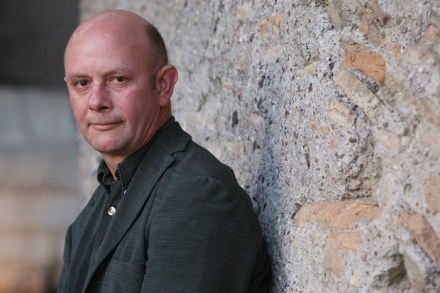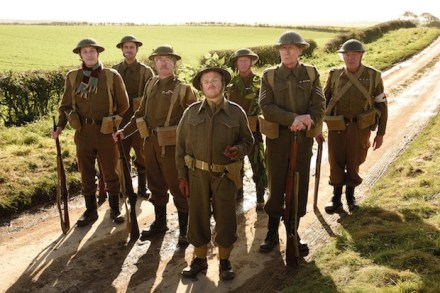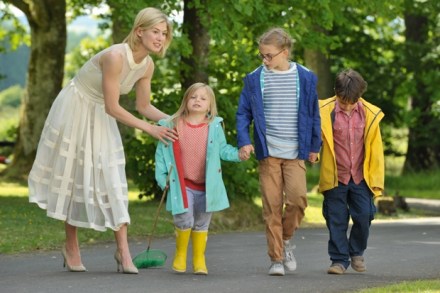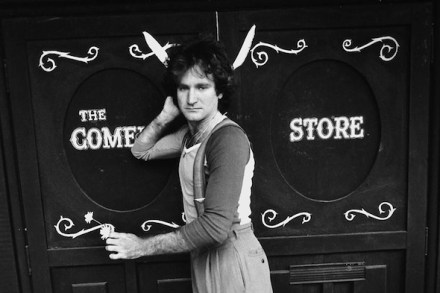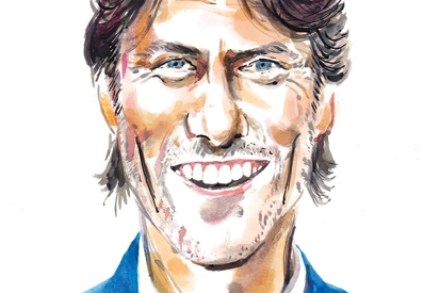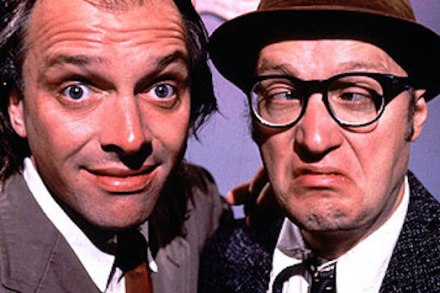You shouldn’t watch Dapper Laughs. But you really shouldn’t let the likes of me stop you
As you’ll know by now, I’m big on thinking the right things. Should a thought strike me that m’colleague Rod Liddle would not describe as ‘bien-pensant’, then I will of course shy away from it, in a blind panic, for fear that my pensée should be considered insufficiently bien. Right now, however, I’m having doubts about the catechism. The liberal elite may take away my badge. Presumptuous as it may be, I’m going to go out on a limb and assume that Spectator readers are not immediately familiar with the work of a comedian called Daniel O’Reilly, otherwise known as Dapper Laughs. He’s an internet phenomenon and — let’s not


